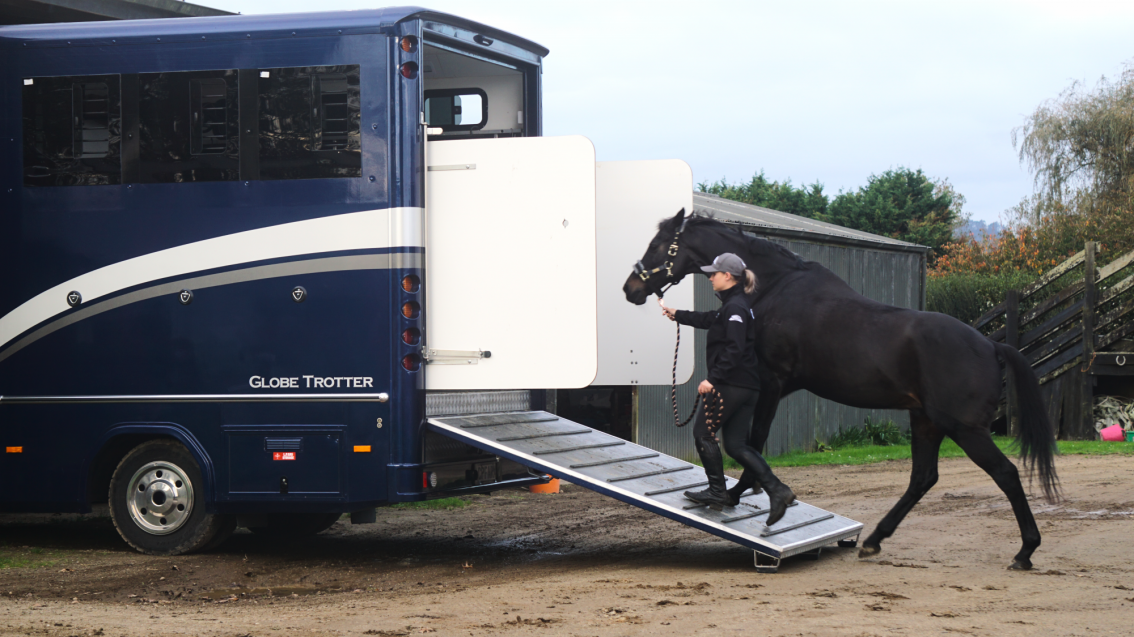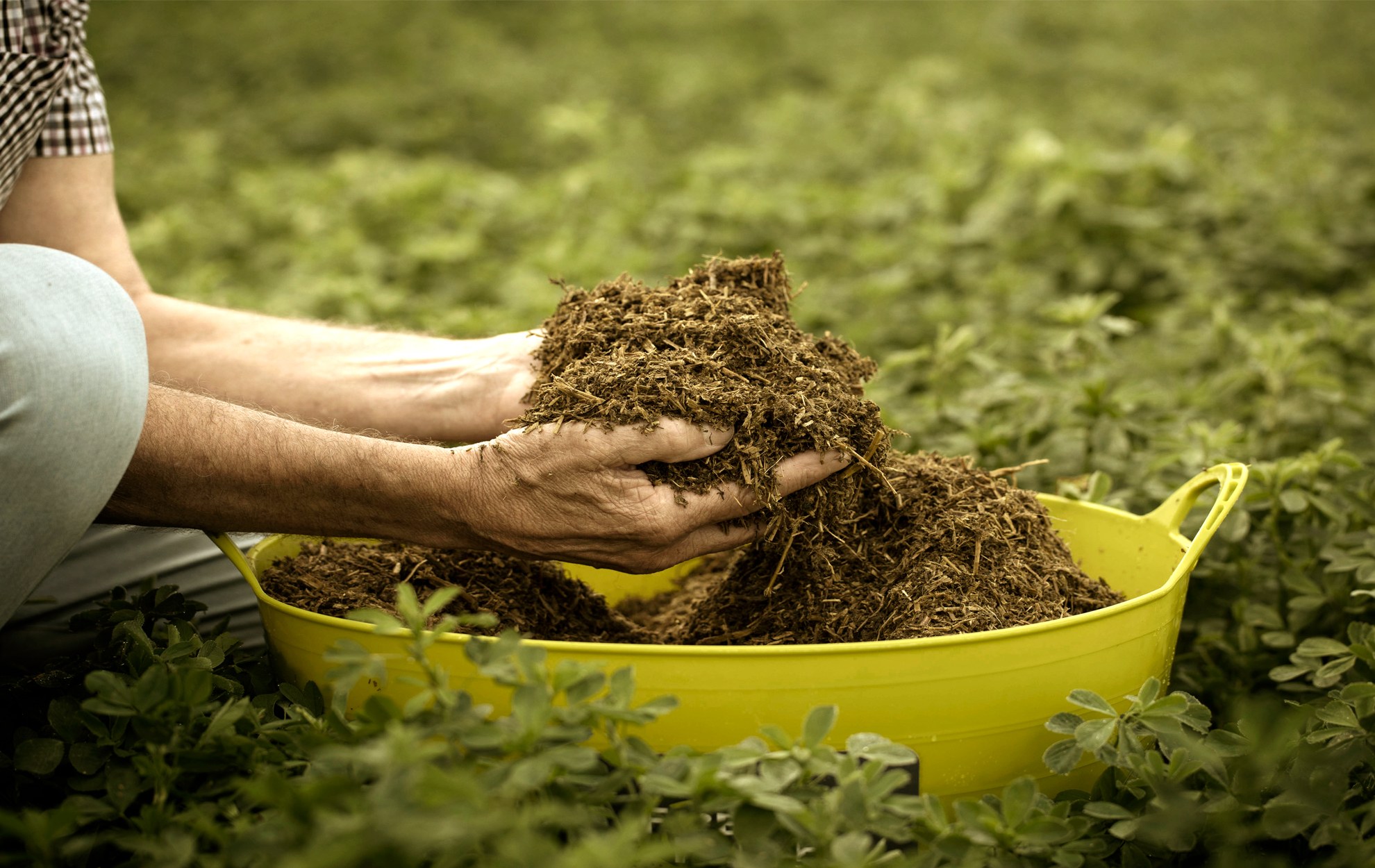
Travelling with horses can be exciting, but it can also be a source of stress for both the rider and the horse. One aspect of equine travel that often gets overlooked is the impact of travelling on an empty stomach, which can affect your horse's health and comfort during transit.
Understanding Equine Stomach Anatomy
To ensure your horse's comfort while on the move, it's essential to have a good grasp of the intricacies of their digestive system. A horse's stomach is divided into two distinct regions: the “non-glandular” or “squamous” region and the “glandular” region.
One significant concern that arises when travelling with a horse on an empty stomach is the risk of gastric acid splashing up into the non-glandular region of the stomach. Unlike the glandular region, the non-glandular region lacks the protective mucus and bicarbonate layer that acts as a pH buffer. In simpler terms, the glandular region has a layer of mucous that prevents acidic burns, whilst the non-glandular region doesn’t have this layer. This makes it vulnerable to ulceration from gastric acid, leading to conditions like Equine Squamous Gastric Ulceration.
What Can You Do to Prevent This?
To prevent the harmful effects of acid splashing, it's crucial to provide your horse with fresh fibre, before loading up for your journey. This fibre creates a protective barrier between the acid and the susceptible non-glandular section of the stomach, which is more akin to skin than the well-protected glandular region. This simple measure significantly reduces the risk of gastric ulcers and ensures your horse's comfort throughout the trip. We recommend feeding Travel Pro prior to travelling your horses away. The 10kg bag of fresh-cut lucerne is low in sugar and starch, whilst being a brilliant acid buffer for trips in the horse float or truck.
"Tucking Up"
Another common issue that can arise during horse travel is "tucking up," where the horse's flanks appear drawn in, often indicating dehydration. Travelling can be physically demanding for horses, especially in hot or stressful conditions, which can lead to water loss via sweating. Feeding your horse Travel Pro before the journey can help prevent tucking up by facilitating passive hydration. The moisture content in the fresh fibre helps keep your horse properly hydrated, ensuring their comfort throughout the trip.
When travelling with horses, it's crucial to prioritize their well-being and comfort. A moderate understanding of your horse's digestive system and taking appropriate steps to mitigate potential issues can make a significant difference in ensuring a smooth and comfortable journey. Feeding your horse fresh fibre like Travel Pro not only shields them from gastric ulcers but also helps prevent tucking up and guarantees they remain adequately hydrated. The prevention of these physical symptoms will eliminate additional stressors from your trip. So, before you hit the road with your horses, remember that a horse with a tummy lined with fibre is a happy and healthy one.


